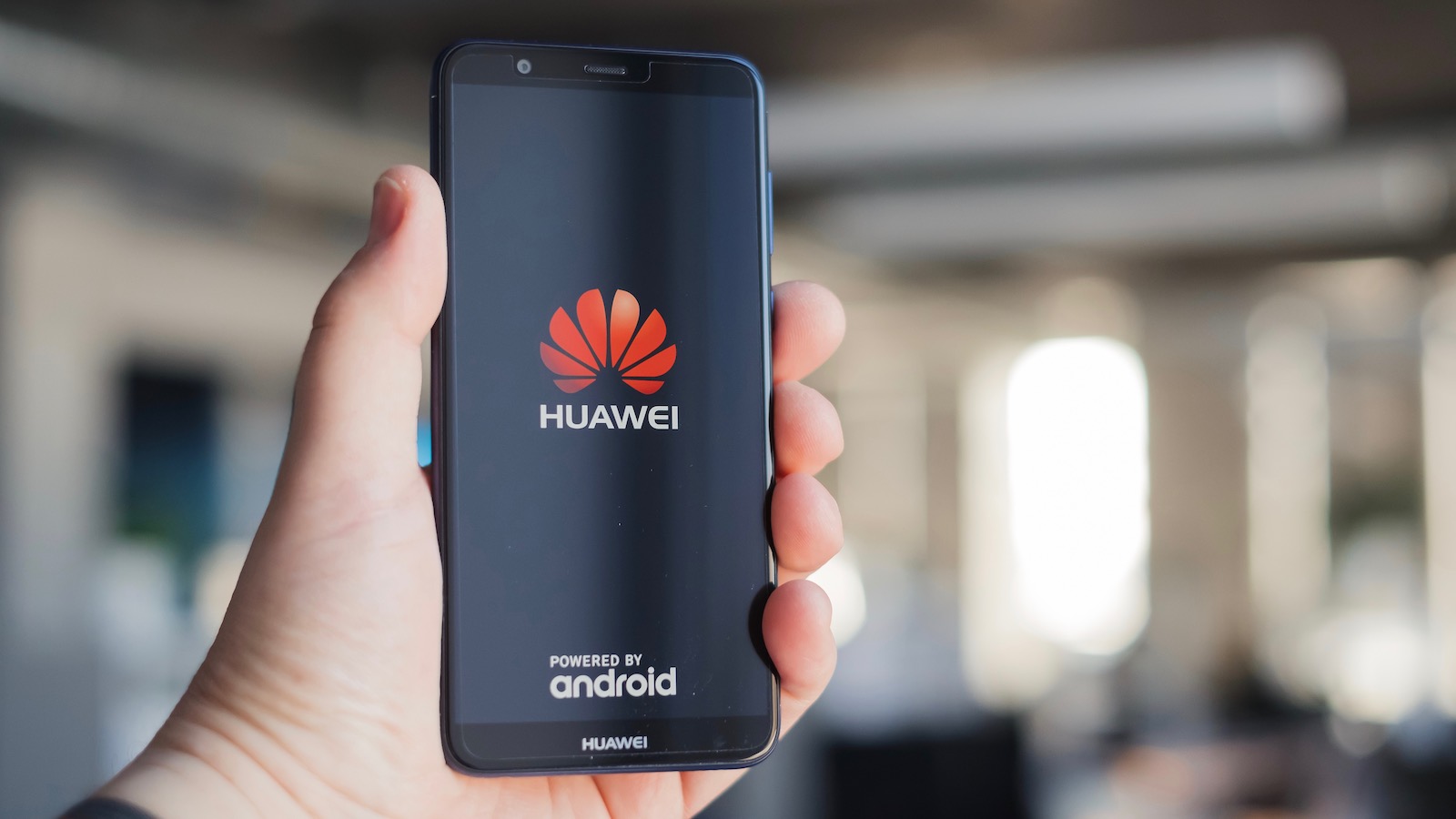Google cuts Huawei's Android access to app and security updates
Update: Google and Huawei respond to sanctions

Update 2: The US Commerce Department has granted a temporary lifting of the trade ban with Huawei, allowing Google to resume working with the brand. Full story here.
Update 1: Huawei and Google have both confirmed current models of phones will be services with security updates, while Huawei has hinted at the future of its handsets post-sanction. Both statements are below, plus we've analyzed what this news may mean for you.
In what will likely be a significant blow to its global smartphone and tablet business, Huawei has today learned that Google is planning to pull the Chinese company’s access to many of its core Android apps and services, including the Google Play Store, Gmail, Search and Chrome.
The move will mean that Huawei is limited to using the public version of Android called Android Open Source Project (AOSP), according to sources who spoke to Reuters.
The change essentially bans the Chinese phone- and tablet-maker from integrating Google software and core apps into any of its future products.
Huawei responded to our request for comment, and hinted at a possible future where it develops its own software:
“Huawei has made substantial contributions to the development and growth of Android around the world. As one of Android’s key global partners, we have worked closely with their open-source platform to develop an ecosystem that has benefitted both users and the industry.
Get daily insight, inspiration and deals in your inbox
Sign up for breaking news, reviews, opinion, top tech deals, and more.
"Huawei will continue to provide security updates and after-sales services to all existing Huawei and Honor smartphone and tablet products, covering those that have been sold and that are still in stock globally.
"We will continue to build a safe and sustainable software ecosystem, in order to provide the best experience for all users globally.”
Google also stated it's looking at the situation, while confirming it will continue to offer updates to current models, in a statement to TechRadar: “We are complying with the order and reviewing the implications. For users of our services, Google Play and the security protections from Google Play Protect will continue to function on existing Huawei devices.”
As Android is an open-source operating system, Huawei can theoretically use updates to the public release of the OS – which would include the upcoming Android Q – to continue development of its smartphones.
However, the loss of the Google Play Store – which for users outside of China is the key source of Android apps – and a lack of Google-made security updates could prove a significant drawback for the prospects of its future phones and tablets.
- Unfolding the future: Huawei Mate X hands-on review
- Huawei P30 review
- Huawei P30 Pro review
A fatal blow?
The fracture in the relationship of the two tech giants comes after the US government added Huawei to a trade blacklist late last week, which will make it difficult for the company to operate in partnership with many of its American partners and suppliers, potentially jeopardizing Huawei’s global business.
The Chinese technology company has also previously been banned from contributing to 5G infrastructure in America, and key US allies including Australia and the UK have followed the move with their own bans.
The new blacklisting will stop Huawei from buying key components from US companies such as processors from Qualcomm and Intel, which both saw share-value drops immediately following the announcement from the Trump administration, according to the Financial Times.
Huawei has previously stated that it has plans in place to deal with both US trade restrictions and potential problems with using Android on its devices. Back in March, for example, a Huawei executive revealed that the company has built its own PC and mobile operating system as a contingency plan if a situation like this should arise.
Google severing ties with Huawei will likely hurt the appeal of the company’s products outside its home territory of China, however, and the long-term effect on the beleaguered Chinese company may be grim.
TechRadar reached out to Huawei for comment on this story, but at the time of publishing the company had not released an official statement. We’ll update this article if a response is received.

While she's happiest with a camera in her hand, Sharmishta's main priority is being TechRadar's APAC Managing Editor, looking after the day-to-day functioning of the Australian, New Zealand and Singapore editions of the site, steering everything from news and reviews to ecommerce content like deals and coupon codes. While she loves reviewing cameras and lenses when she can, she's also an avid reader and has become quite the expert on ereaders and E Ink writing tablets, having appeared on Singaporean radio to talk about these underrated devices. Other than her duties at TechRadar, she's also the Managing Editor of the Australian edition of Digital Camera World, and writes for Tom's Guide and T3.